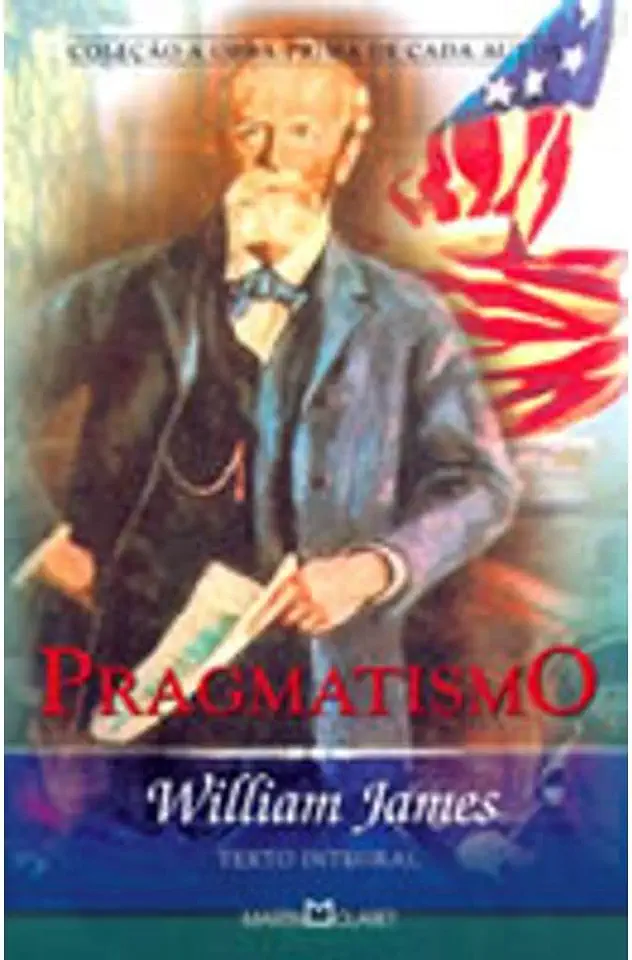
Pragmatism - William James
Pragmatism: A New Way of Thinking
In his groundbreaking book, Pragmatism, William James introduces a new way of thinking that challenges traditional notions of truth and reality. James argues that the meaning of an idea lies in its practical consequences, rather than in its correspondence to some external reality. This pragmatic approach to philosophy has had a profound impact on a wide range of fields, from education to psychology to law.
The Pragmatic Method
James's pragmatic method is based on the idea that the best way to understand an idea is to see how it works in practice. He argues that we should not be concerned with whether an idea is true or false, but rather with whether it is useful and effective. This approach to philosophy is in stark contrast to the traditional view that truth is the only criterion for evaluating ideas.
The Will to Believe
One of the most controversial aspects of James's pragmatism is his defense of the "will to believe." James argues that in some cases, it is reasonable to believe in something even if there is no evidence to support it. He argues that this is especially true in cases where the belief is important to our lives and where there is no harm in believing it.
The Varieties of Religious Experience
James's pragmatism also led him to develop a new understanding of religious experience. In his book The Varieties of Religious Experience, James argues that religious experiences are not simply irrational delusions. Rather, he argues that they can be a source of great meaning and value in our lives.
The Influence of Pragmatism
James's pragmatism has had a profound impact on a wide range of fields, from education to psychology to law. In education, pragmatism has led to a focus on practical learning and problem-solving. In psychology, pragmatism has led to the development of new therapeutic techniques that focus on helping people to change their behavior. In law, pragmatism has led to a focus on the practical consequences of legal decisions.
Why You Should Read Pragmatism
Pragmatism is a challenging and provocative book that will change the way you think about truth, reality, and the meaning of life. James's pragmatic approach to philosophy is a powerful tool for understanding the world around us and for making better decisions. If you are interested in learning more about pragmatism, I highly recommend reading Pragmatism.
Conclusion
Pragmatism is a must-read for anyone interested in philosophy, psychology, or education. James's pragmatic approach to thinking is a powerful tool for understanding the world around us and for making better decisions. If you are looking for a book that will challenge your assumptions and change the way you think, I highly recommend reading Pragmatism.